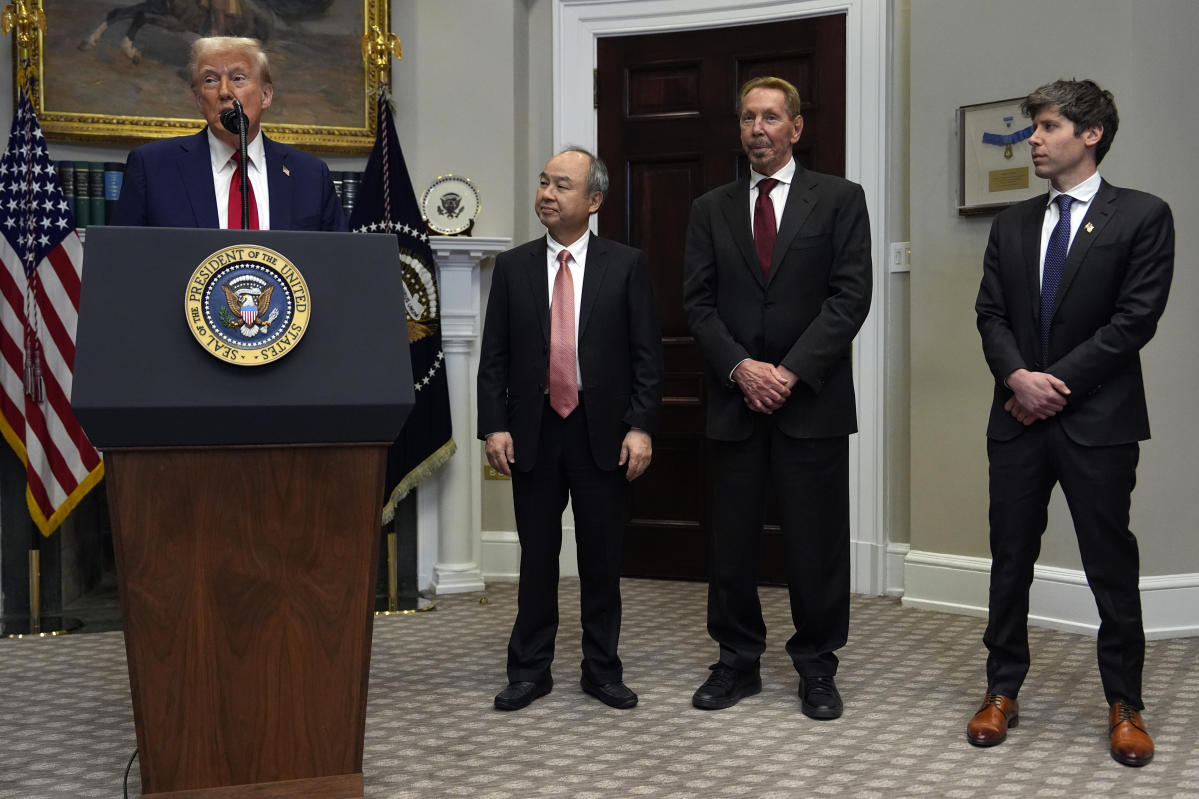Stay informed with free updates
Simply log in to The war in Ukraine myFT Digest – delivered straight to your inbox.
EU officials are preparing backup measures, including using an 81-year-old law involving the Belgian king to protect the bloc's sanctions against Russia after Hungary threatened to veto their renewal.
Hungarian Prime Minister Viktor Orbán told the bloc's other 26 leaders in December that he could block an extension of EU sanctions against Russia this month, which requires unanimous approval – a move that would see the measure expire on January 31.
Orbán said he was waiting for Monday's inauguration of Donald Trump as the US president. If Trump eases US sanctions against Moscow, Orbán said he would insist the EU follow suit.
“There is now a significant change in the American administration.” . . there should be a meaningful exchange of views before we decide to extend the sanctions regime for another six months,” Hungarian EU Affairs Minister János Bóka told reporters on Thursday. “We want to reserve our decision until we know how the US administration sees the future of the sanctions regime.”
The outgoing Biden administration on Wednesday about 100 subjects re-registered from the financial, energy and defense sectors under another bill involving Congress in an effort to complicate any Trump efforts to remove them from the Russia sanctions list.
While EU officials say their primary goal is to convince Orbán to keep the EU's frozen sanctions on companies and Russian state assets, they are drawing up measures that could protect at least some of them.
They include around 190 billion euros of Russian state assets in the Belgian central securities depository Euroclear. Profits from the assets will repay a $50 billion loan to Ukraine, and officials believe they are a critical part of a potential ceasefire deal.
If the sanctions were to expire, the official described, “the money is in Russia the next day” because financial intermediaries would have no legal basis to hold it. Trade restrictions and sectoral sanctions, such as the oil import ban, would also end.
“I'm really very concerned about this, and others should be too,” said a senior EU diplomat who regularly meets with Hungarian officials. “There is a good chance that Orbán will not break.”
Since state assets are physically held by a Belgian entity, one option is to use a decree of war passed in 1944 that allows King Philip to block the transfer of assets from the country, according to four officials involved in the discussions.
The royal palace declined to say whether the king had been approached, adding that responsibility for such a decree rests with the government, even if the monarch would have to sign it.
Euroclear declined to comment.
“Belgium, together with other EU member states, is doing everything to reach an agreement on the renewal of sanctions against Russia. We have been able to reach an agreement in the past and we will continue to work to ensure that this is the case this time as well,” said a spokeswoman for the Belgian Foreign Ministry.
Belgium has long resisted introducing domestic immobilized asset measures, fearing it would leave it open to legal challenges from Russia. One Belgian official said the use of emergency powers would violate a bilateral investment treaty Belgium has with Russia.
“If Orbán does not back down, the only solution is a domestic solution,” said a senior Commission official involved in the preparations.
Several member states have proposed stripping Hungary of its voting rights in order to push through the restoration, but such a drastic step would likely fail to secure the required unanimous support from all other states.
Anitta Hipper, the EU's foreign affairs spokeswoman, said “work is underway to ensure a smooth and timely agreement” by member states on extending the sanctions.
Additional reporting by Henry Foy and Marton Dunai in London and Andy Bounds in Brussels



